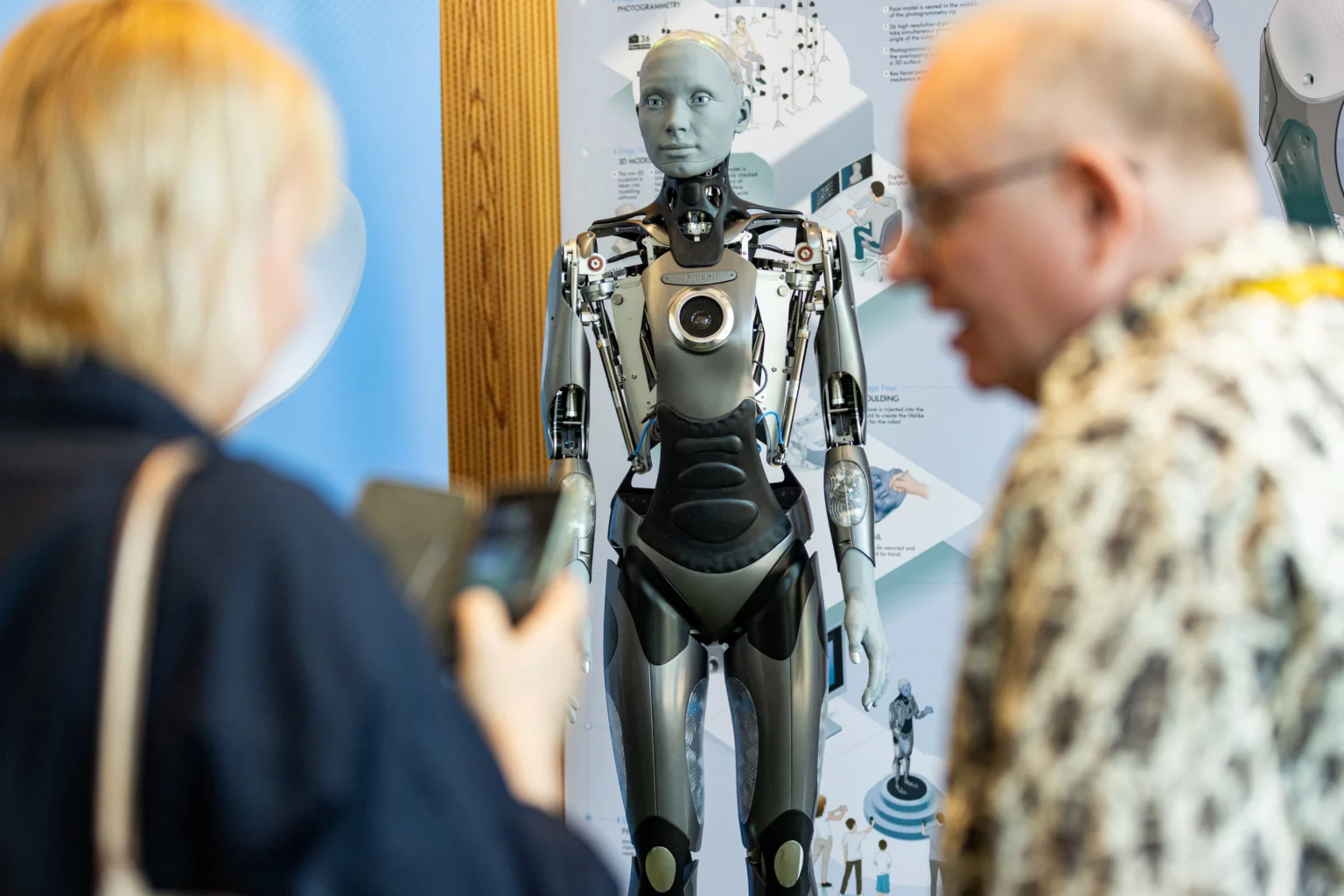Microsoft co-founder Bill Gates predicts a future where every person will have personal robot agents working on their behalf. The billionaire said that these AI assistants “will utterly change how we live,” according to a Fortune report.
Although Bill Gates acknowledged that as of 2023, the “software is still pretty dumb,” he anticipates a complete transformation of AI within the next five years.
“Agents are smarter. They’re proactive — capable of making suggestions before you ask for them”, Gates said.
He said that pretty much everyone will have a personal assistant that can do lots of things, like planning entire vacations for its users.
The billionaire tech entrepreneur also predicted that AI will be capable of carrying out more complex tasks compared to the voice assistants of today.
“If your friend just had surgery, your agent will offer to send flowers and be able to order them for you,” he suggested.
“If you tell it you’d like to catch up with your old college roommate, it will work with their agent to find a time to get together, and just before you arrive, it will remind you that their oldest child just started college at the local university.”
Samuel Mangold-Lenett, a staff editor at The Federalist, suggests that by integrating AI with the assistants we currently use, these systems could become “more precise” than our current technology.
“A couple of years ago, having a smartphone with a voice activated digital assistant was considered a luxury. Now, virtually everyone in the West has one,” Mangold-Lenett told Fox News Digital.
“AI is becoming similarly accessible and with systems becoming easier and cheaper for programmers to produce. It’s reasonable to think that voice assistants, like Siri and Alexa, will become AI systems. This would be different in that these systems would provide more precise and specific search results based upon holistic analysis of a users’ data.”
While the Microsoft co-founder believes that users will have to pay for the type of technology he envisions, he argues that the significant competition in the development of these tools will ultimately lead to lower costs.
Gates added, “If the number of companies that have started working on AI just this year is any indication, there will be an exceptional amount of competition, which will make agents very inexpensive.”
“Today, agents are embedded in other software like word processors and spreadsheets, but eventually they’ll operate on their own. Whether you work in an office or not, your agent will be able to help you in the same way that personal assistants support executives today.”




